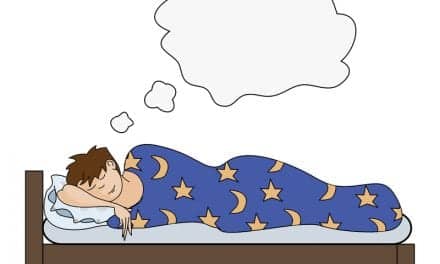10/30/06
The Office of Research on Women’s Health (ORWH) and the Trans-NIH Working Group for Research in Chronic Fatigue Syndrome (CFSWG) of the National Institutes of Health (NIH) are pleased to announce seven awards in Chronic Fatigue Syndrome (CFS) research. The proposed studies will help researchers understand how the diverse symptoms in CFS are related to the interactions between the immune and neurological systems—an important step towards developing effective treatments for a disabling condition.
The awards were funded by ORWH, office of the director, and four member institutes: The National Institute on Alcohol Abuse and Alcoholism (NIAAA), the National Institute of Environmental Health Sciences (NIEHS), the National Institute of Arthritis Musculoskeletal and Skin Diseases (NIAMS), and the National Institute of Neurological Disorders and Stroke (NINDS).
Katherine Light, PhD, University of Utah, St. Lake City, Utah, plans to first explore in humans the suggested mechanisms for the perception of pain and fatigue in CFS by assessing repeated patterns in the immune and neurological systems that are present before, during, and immediately after mental and physical exertion.
Theoharis Theoharides, MD, PhD, Tufts University, Boston, Massachusetts, will explore the relationship of human mast cells (molecules released in stress) in the brain, not only in explaining the development of CFS but also in explaining the effects of antidepressants in relieving symptoms in CFS patients.
Mary Ann Fletcher, PhD, University of Miami, Miami, Fla, plans to study the role of specific peptides: neuropeptide Y (NPY) and dipeptidyl-peptidase (CD26) in the development of CFS.
Dianne Lorton, PhD at the Sun Health Research Institute in Sun City, Arizona, will establish a tissue bank to make brain and spinal cord tissue available to study CFS/FM (fibromyalga).
James Baraniuk, MD, Georgetown University, Washington DC, has found that despite its diverse clinical syndromes, the CFS proteome (the entire group of proteins in an organism or system) is the same, suggesting a strong relationship with malfunctioning of the central nervous system.
Michael Antoni, PhD, at the University of Miami, Miami, Fla, has demonstrated the positive effects of participation in group cognitive behavioral stress management (CBSM) on quality of life, perceived stress, fatigue, memory, muscle pain and post-exertional malaise for CFS patients compared to those in a control condition.
Italo Biaggioni, MD at Vanderbilt University in Nashville, Tennessee, will explicate the role of the sympathetic nervous system (SNS) in the cardiovascular and inflammatory abnormalities in the subset of patients with postural tachycardia (POTS)—increase in heart rate and often decrease in blood pressure on standing.



